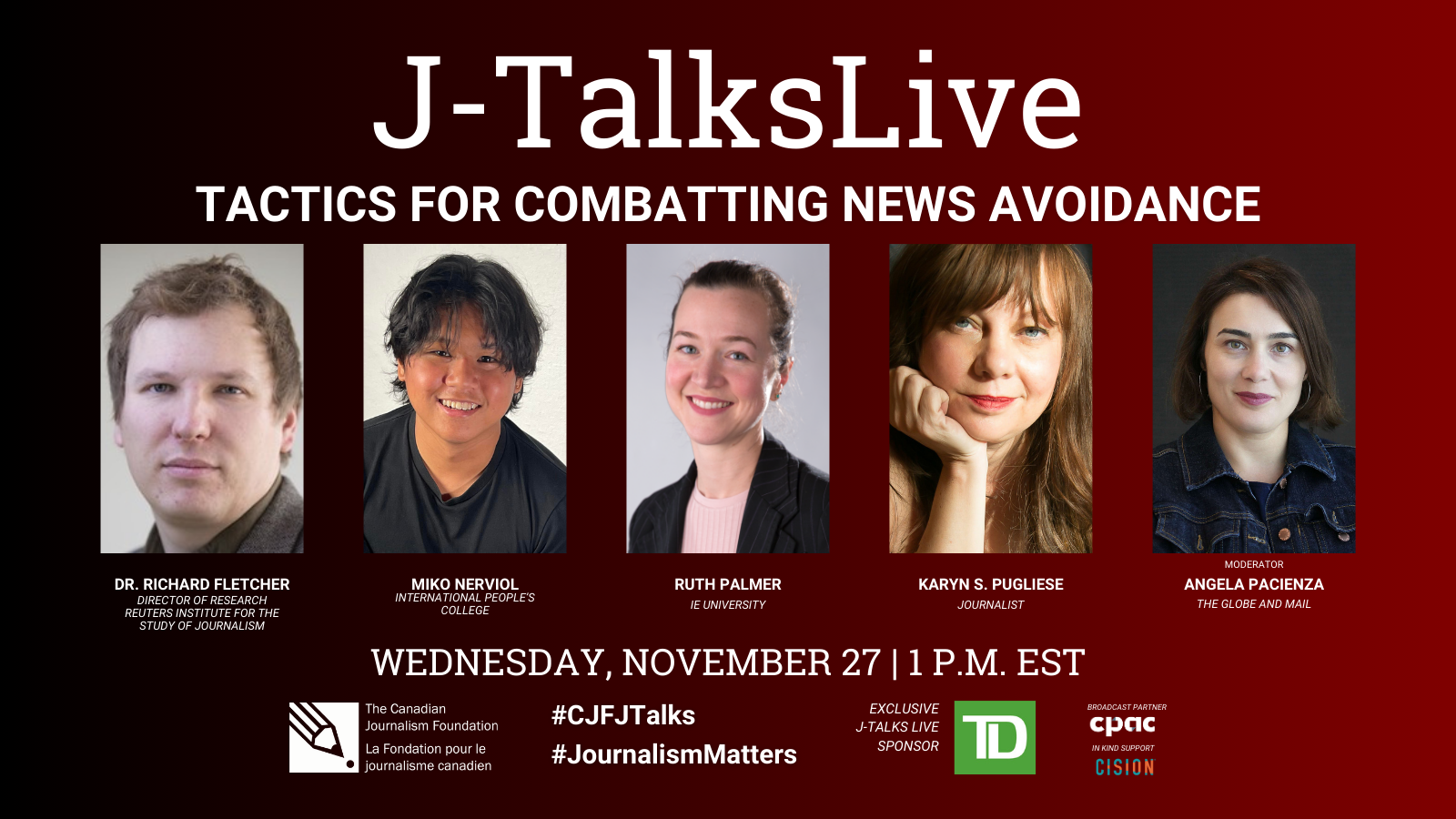Dr. Richard Fletcher is Director of Research at the Reuters Institute for the Study of Journalism at Oxford University. He is primarily interested in global trends in digital news consumption, comparative media research, the use of social media by journalists and news organizations, and more broadly, the relationship between technology and journalism.
Richard primarily works on the Digital News Project and is lead researcher and co-author of the Digital News Report – the world’s largest annual survey of global news consumption. Richard also uses this survey data to underpin comparative cross-national research into patterns of news consumption, audience fragmentation and polarisation, the effects of search engines and social media on news use, trust in the news, and paying for digital news.
In 2018, Richard won the International Communication Association Journalism Studies division’s Wolfgang Donbach Outstanding Journal Article of the Year Award (with Rasmus Kleis Nielsen) for ‘Are News Audiences Increasingly Fragmented?‘. He was also nominated twice for the Bob Franklin Journal Article Award for ‘Paying for Online News‘ (with Rasmus Kleis Nielsen) and ‘The Impact of Trust in the News Media on Online News Consumption and Participation‘ (with Sora Park).
Miko Nerviol, a student from the Philippines, developed an interest in the media industry through his recent experience at the Global Youth News Lab. Alongside his peers from the International People’s College in Elsinore, Denmark, he presented an updated version of the Copenhagen News Criteria, tailored for Gen-Z, and discussed issues concerning news avoidance at the WAN-IFRA World News Conference 2024. He is currently in the process of applying to pursue higher education in the field of communications and media.
Ruth Palmer is Associate Professor of Communication and Digital Media at IE University in Madrid and Segovia, Spain. Her 2018 book Becoming the News: How Ordinary People Respond to the Media Spotlight (Columbia University Press) investigated how citizens navigate their interactions with journalists and experience being named in news stories. The book was a finalist for the Tankard Book Award given by the US Association for Educators in Journalism and Mass Communication (AEJMC). Her new book, co-authored with Benjamin Toff and Rasmus Kleis Nielsen, Avoiding the News: Reluctant Audiences for Journalism (Columbia University Press, 2024), explores why and how some people detach from news altogether, and possible ways journalists might regain their interest. Her research exploring how non-journalists think about and relate to the news media has also appeared in the academic journals The International Journal of Communication, The International Journal of Press/Politics, Journalism, and Journalism Studies.
Karyn Pugliese, also known as Pabàmàdiz — has worked as an investigative journalist, media executive, and press freedom advocate. Her 20-year career includes roles at Canada’s National Observer, managing editor of CBC’s Investigative Unit, and five years as a visiting professor at Toronto Metropolitan. But she’s probably best known for her time on Parliament Hill and her seven-year tenure as Executive Director of News and Current Affairs at APTN, where she oversaw the network’s news division. Beyond that, she’s left her mark in daily news and investigative work at outlets like ichannel, VisionTV, and CTV. She sits on the board of the Canadian Association of Journalists and Canadian Journalists for Free Expression.
Karyn’s work has been celebrated with honours like the Hyman Solomon Award for Public Policy Journalism, the Canadian Screen Awards, and the Canadian Association of Journalism Awards. She’s also a Martin Wise Goodman Canadian Nieman Fellow from Harvard University.
Moderator Bio
Angela Pacienza is the Executive Editor at The Globe and Mail, where she’s responsible for delivering quality, audience-first journalism, as well as driving culture change to create a more nimble, inclusive and forward-thinking newsroom. Angela has oversight over programming and audience teams across all platforms, as well as the editing, podcast and visual departments. She’s passionate about closing the gap between storytelling and audience, as well as devising new approaches to digital, print and visual journalism. Angela is a graduate of the Online News Association’s Women’s Leadership Accelerator program (2018) and a mentor with Digital Women Leaders. She is co-vice chair of the board of directors for the Canadian Journalism Foundation and serves on the board of directors for the Online News Association.








